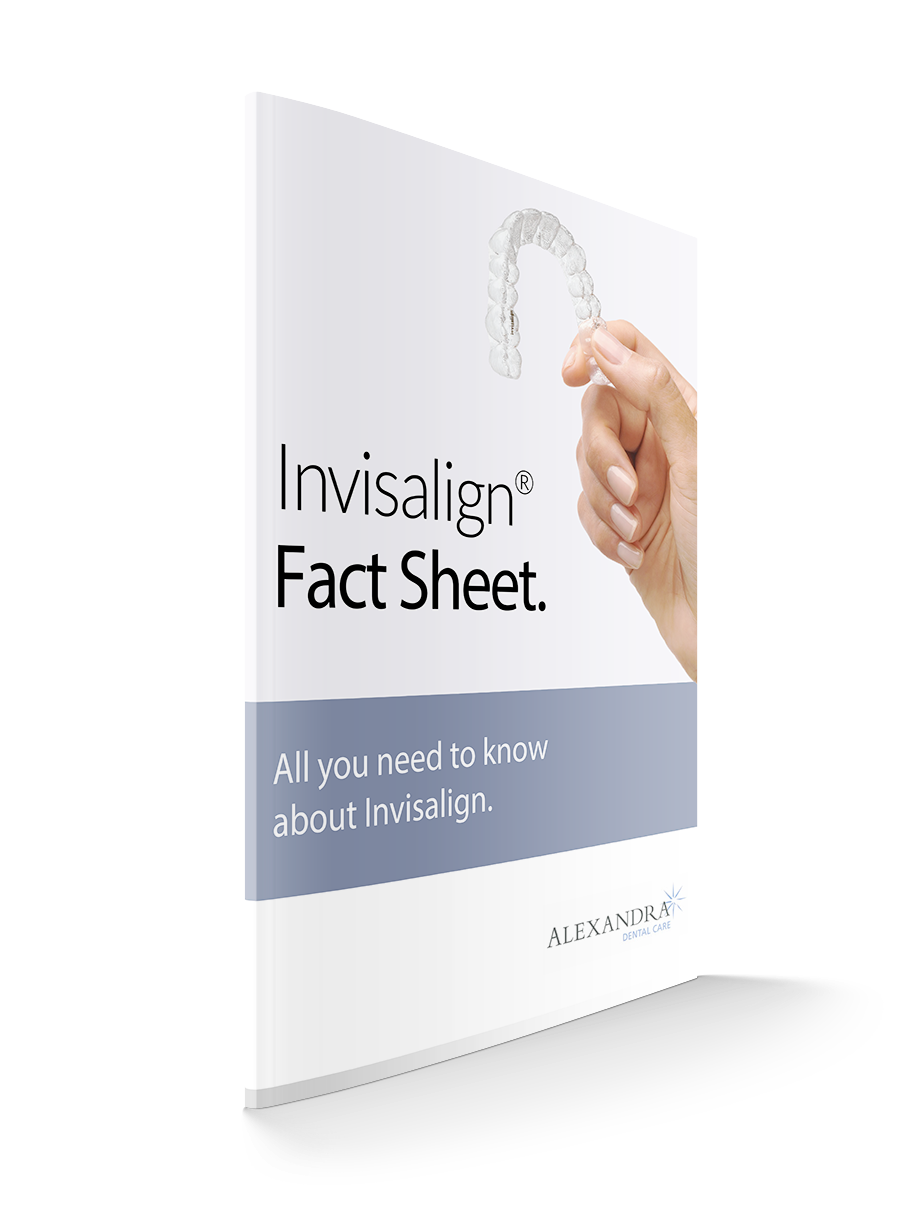Sugar free gum and mouthwash – complementary oral health aids
But don’t rely on them alone!
Anyone who has read our previous blogs will know that, for all the advances in oral care available at Alexandra Dental, the most essential thing that our patients can do is to clean their teeth well. Most of us understand this to mean brushing our teeth both morning and night, and hopefully using floss to clean between them as well.
In today’s busy life, we may also try looking for shortcuts to save time. Despite the fact that brushing our teeth should only take two or three minutes twice a day, with a little extra for flossing, for some people, it seems, even that is too long.
Mouthwash
Mouthwash often tastes vaguely medicinal and is promoted widely on TV as killing off bacteria that can cause harm to our teeth and gums. Using this product then must surely be hugely beneficial for our teeth, right? Well, yes, sort of. Mouthwash can certainly be a useful additional tool in the fight against gum disease and can reduce the number of bacteria. However, it can’t remove all of the bacteria and deposits that have attached themselves firmly to our teeth or gums. Even the most vigorous swilling will not do this.
Some of the mouthwashes that aim to reduce or prevent gum disease do so by coating the teeth with a protective film. Although this does have its benefits, the coating is actually quite sticky and can attract staining substances, leaving your teeth looking discoloured.
So mouthwashes contain fluoride but many don’t, unlike the toothpaste we use on a daily basis. Fluoride is important as it helps to strengthen and protect the enamel surface of your teeth.
All in all then, using mouthwash can be helpful, but using it alone will not prevent tooth decay from the food residues and “bad” bacteria that are in our mouths.
Chewing gum
There is a lot of information online about how using chewing gum to clean your teeth is a great way to keep them clean. Like mouthwash, there is an element of truth in this but it isn’t the whole story. Once again, the lack of an abrasive element in the toothpaste means that it simply can’t clean your teeth as well as a toothbrush can. Having said that, it can certainly be useful.
If you ever find yourself in a situation where you can’t access a toothbrush, such as if you have forgotten to pack one and the shops are closed; using a piece of sugar free chewing gum is a good stop gap solution and will help to clean your teeth. Please note that it must be sugar free. There have also been reports that you can use sugar free gum to replace flossing. Again, we firmly believe that our Ashby and Burton patients would benefit more from using dental floss diligently, and our hygiene team is always happy to demonstrate how to do this correctly if you find it difficult.
It is also true that chewing gum does increase saliva production, helping to flush away pieces of food and bacteria. Some gums also contain Xylitol which has been shown to stem the growth of a bacteria called Streptococcus mutans, which causes cavities. It does this by preventing bacteria from attaching to the teeth, meaning that more are removed by saliva.
Given that only around one in five people do use dental floss, if the other 80% started to use sugar free gum for this purpose, then that would certainly be beneficial. The stickiness of the gum will pick up some of the bacteria and tiny food particles that get trapped between the teeth and in the gum pockets. For this purpose, it could indeed be useful, albeit sensible flossing should always be a first choice.
Is it enough?
As we mentioned earlier, just using these two products on their own is not sufficient to keep both teeth and gums in good health. It is certainly preferable to doing nothing at all, but is likely to fall a long way short of the protection provided by brushing your teeth and using dental floss.
We do understand that people are often busy, but looking after your teeth only takes a few minutes out of your day and, as reports are increasingly indicating, may not only be essential for your teeth and oral health, but also your general health too. With conditions like heart disease and Alzheimer’s increasingly being linked to poor oral health, spending a little time keeping your mouth healthy could improve both the quality and length of your life.
It goes without saying that you also need to be monitored regularly by a dentist. If you live in the Burton or Ashby area, we offer the widest range of preventative, restorative and cosmetic dental care for you. Simply call Alexandra Dental Care today on 01283 216347 and we’ll be pleased to book your appointment!
Google+
Comments are closed.